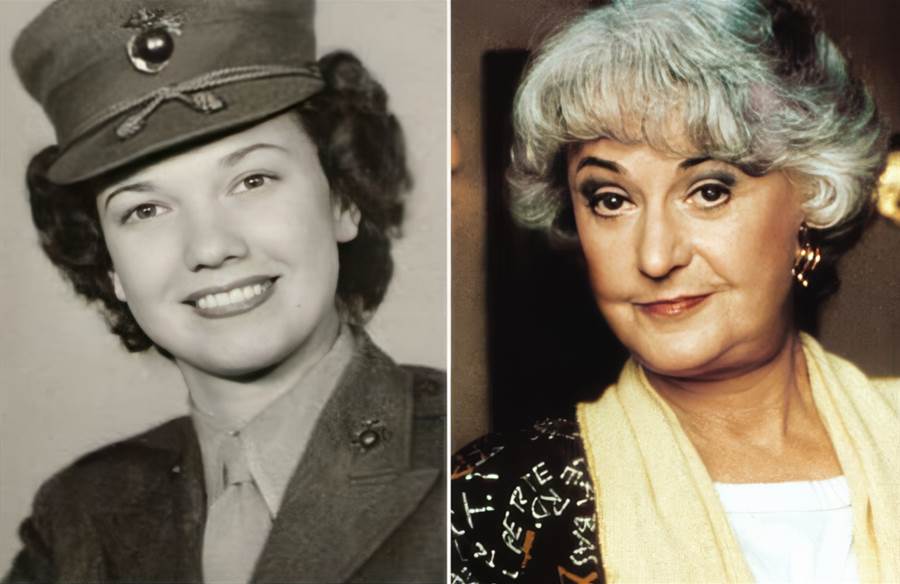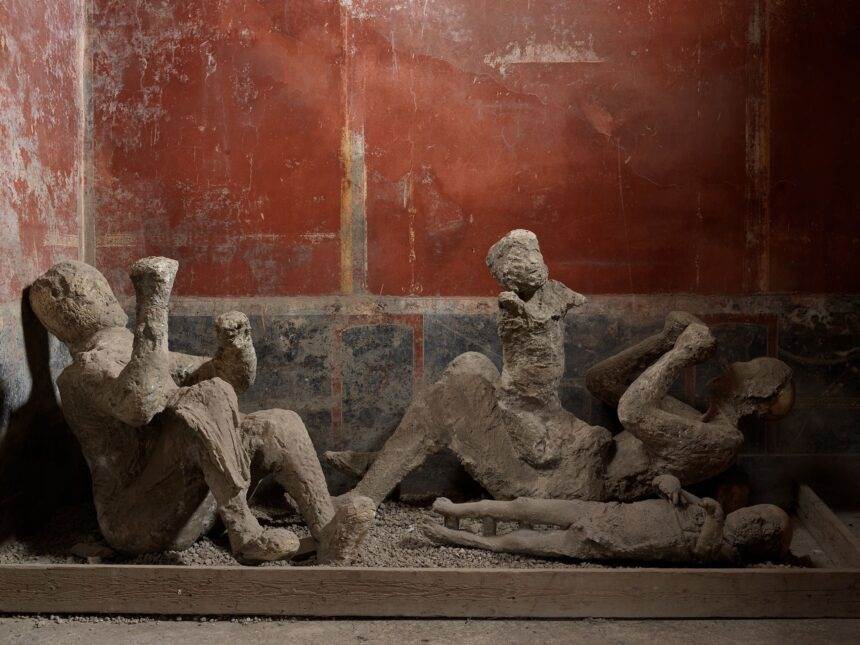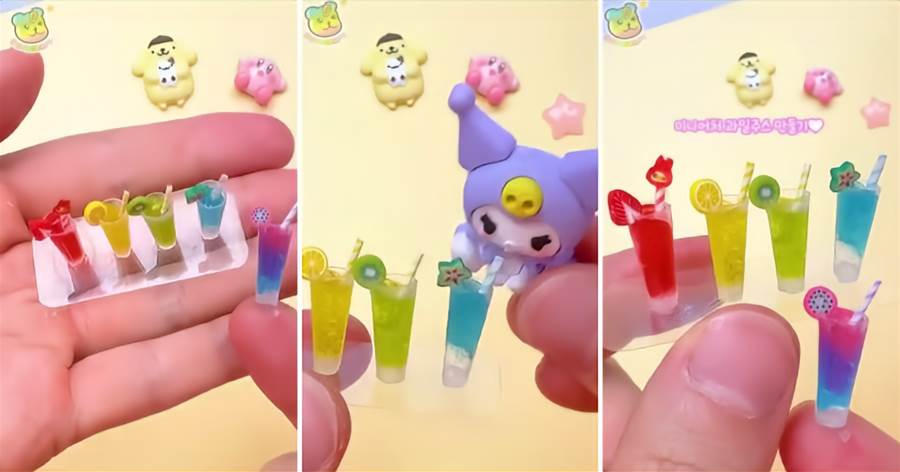
Born as Bernice Frankel on May 13, 1922, in Brooklyn, New York, Bea Arthur grew up in the quaint town of Cambridge, Maryland. Her journey into a life of service and stardom began unexpectedly.
After graduating from the Franklin Institute of Science and Arts, Bea briefly worked as a laboratory technician at the Phillips Packing Company in her hometown. But destiny had different plans for her.

On February 13, 1943, the United States Marine Corps initiated a pivotal call to action: "Be a Marine…Free a Man to Fight." Driven by patriotic fervor and a passion to contribute, Bea enlisted in the U.
S. Marine Corps merely five days later. Her enlistment, dated February 18, 1943, marked her as one of the pioneering members of the Women's Reserve. By February 20, she had risen to the rank of Private and joined the first Women Reservists School at Hunter College in New York.

According to records from the Veterans Association, Bea's initial role in the Marines involved typist duties at the Marine headquarters in Washington, D.
C. This transfer to Washington was short-lived, as by June 1943, she had requested and received a transfer to the Motor Transport School at Camp Lejeune, North Carolina. Bea justified the move by citing her prior experience as a more valuable asset to the Marine Corps in this new role.
In the year 1944, Bea's life saw a significant personal development as she married her fellow Marine, Robert Alan Aurthur. This union didn't hinder her dedication to her military duties; she took on roles as a truck driver and dispatcher at Cherry Point, North Carolina, serving between 1944 and 1945.
Demonstrating immense versatility and resilience, Bea's service was commendable and led to her honorable discharge on September 26, 1945, with the rank of Staff Sergeant.

With the war behind her, Bea Arthur shifted gears, focusing on her long-held aspiration of becoming an actress. She enrolled at the Dramatic Workshop at The New School for Social Research in New York City, mentored by the influential director Erwin Piscator.
Her acting career began in earnest with off-Broadway productions at the Cherry Lane Theatre.
Bea's initial big break came in 1964 when she won the role of Yente the Matchmaker in the Broadway musical "Fiddler on the Roof." Consequently, this success paved the way for her acclaimed portrayal of Vera Charles in the musical "Mame" (1966), for which she was awarded the Tony for Best Featured Actress in a Musical.
Norman Lear, a visionary television producer, invited Bea to guest-star on the sitcom "All in the Family" in 1971.
Her character, Maude Findlay, was so compelling that it led to her very own spin-off sitcom, "Maude," which debuted on CBS on September 12, 1972. Bea’s exceptional performance earned her an Emmy in 1977 for Outstanding Lead Actress in a Comedy Series. "Maude," noted for its often controversial themes, aired for six successful seasons.
At the age of 63, Bea Arthur entered a new chapter of her career when she was cast as Dorothy Zbornak in "The Golden Girls" (1985). The show revolved around four older women living together in Miami, Florida, navigating life, love, and friendship.
Bea portrayed Dorothy with a unique blend of humor and depth, making the character memorable for audiences worldwide. "The Golden Girls" enjoyed seven highly successful seasons and remains a cornerstone of American television. This role earned Bea another Emmy, solidifying her legacy in entertainment.
Bea Arthur's life journey transitioned from a patriotic servicewoman to a celebrated actress over a span of more than fifty-five years. Her death on April 25, 2009, at the age of 86, marked the end of a remarkable era.
In tribute to her contributions, the Broadway community dimmed the marquees of New York City's Broadway Theater District for a minute on April 28, 2009.
Bea Arthur's story is not just a celebration of her heroics during World War II but also an exploration of her multifaceted life. The era in which Bea served was one marked by intense conflict and societal transformation. Her role in the Marines, among the first female volunteers, broke traditional gender barriers and laid the groundwork for future generations of women in the armed forces.
However, Bea's legacy extends beyond her military service. Her acting career, filled with awards and iconic roles, showcased her talent and illustrated her commitment to her craft. Her life story serves as an inspiration, highlighting themes of resilience, versatility, and dedication.
While Bea Arthur's military service deserves profound respect and recognition, her broader contributions to society are equally significant. Her life offers valuable lessons in perseverance and the multifaceted nature of heroism—reminding us that behind every war hero, there exists a complex, evolving individual striving to make a difference in multiple arenas of life.
As we honor Bea Arthur, we also reflect on the indelible impact of one woman's enduring spirit on both history and culture.



















